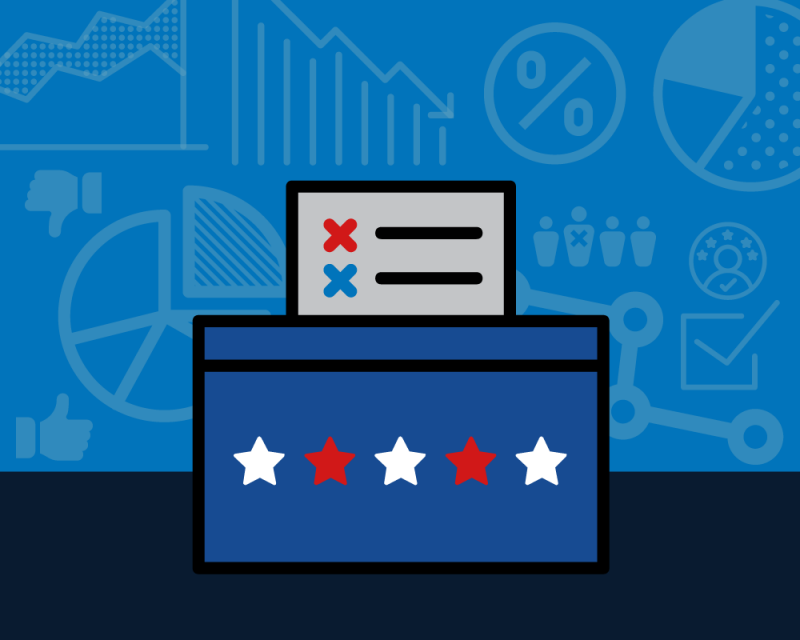American national election studies data available

With public responses on polarizing political issues, such as immigration and trade, the latest data from the American National Election Studies at the University of Michigan is now available.
Since 1948, ANES has provided elections data about voting, public opinion and political participation to social scientists, teachers, students, policymakers and journalists.
ANES conducted face-to-face and internet interviews for 2016. The study has two independently drawn probability samples that describe approximately the same population.
The target population for the face-to-face mode was 222.6 million U.S. citizens age 18 or older living in the 48 contiguous states or the District of Columbia. For the Internet mode, it was 224.1 million U.S. citizens age 18 or older living in all 50 states or the District of Columbia. In both modes, the sampling frame was lists of residential addresses where mail is delivered. To be eligible to participate, a respondent had to reside at the sampled address and be a U.S. citizen age 18 or older at the time of recruitment.
The response rate was 50 percent for the face-to-face component and 44 percent for the internet component. The re-interview rate on the post-election survey was 90 percent for the face-to-face and 84 percent for the internet.
The study interviewed respondents in a pre-election survey between Sept. 7 and Nov. 7, 2016. Election Day was Nov. 8. The study re-interviewed as many as possible of the same respondents in a post-election survey between Nov. 9 and Jan. 8, 2017.
New questions in the latest sample involved outsourcing, policing, political correctness, LGBT issues, gender issues, social mobility, economic inequality, campaign finance and international affairs.
Unlike previous years, a major challenge for the 2016 data collection was the country's increasing levels of polarization and high negative campaign by Hillary Clinton and Donald Trump.
"Some Americans were much more resistant to participating in the survey," said Ted Brader, the project's principal investigator and U-M professor political science. "Many seemed to feel alienated, distrustful and sick of the election. Under these circumstances, we worked hard with our partners at Westat to overcome this reluctance and are pleased to have recruited such a high quality sample by Election Day."
More information: electionstudies.org/
Provided by University of Michigan



















